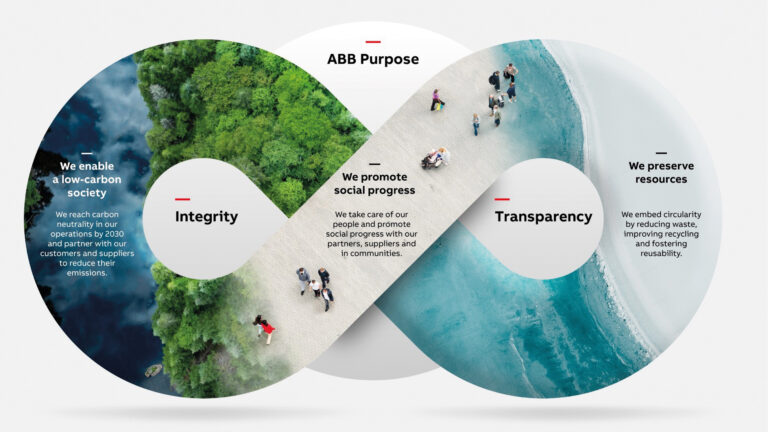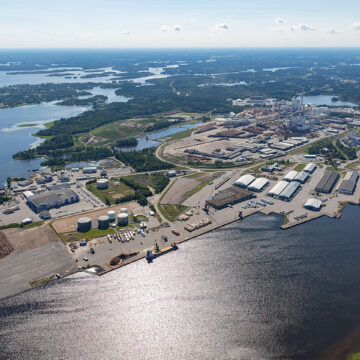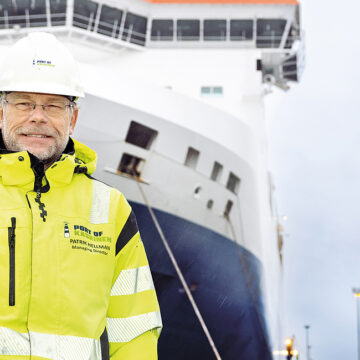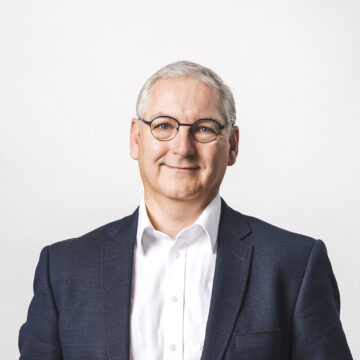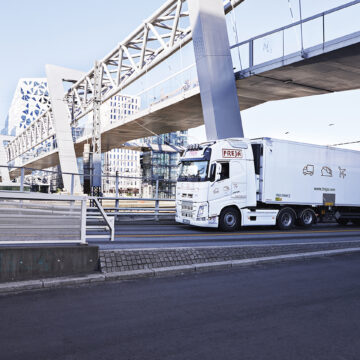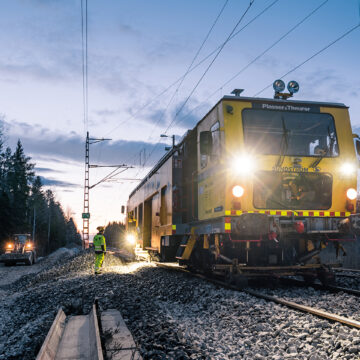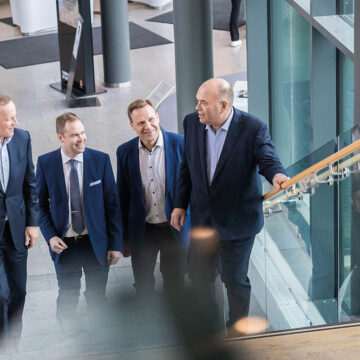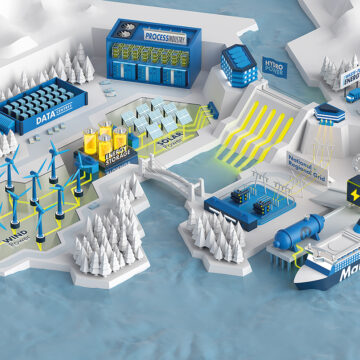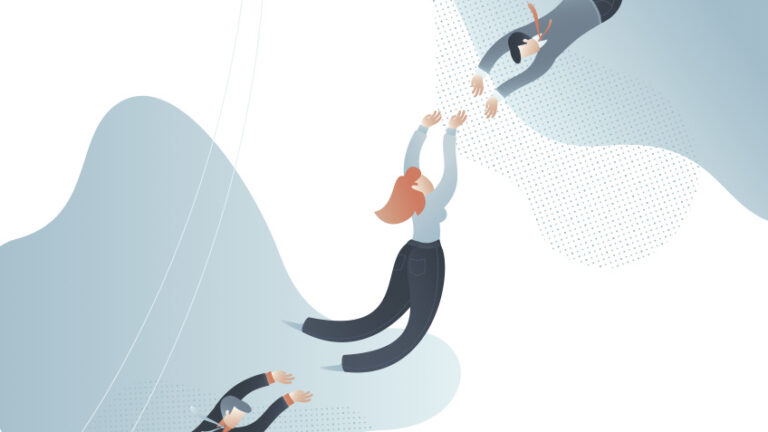
Trust is good business
THREE YEARS AGO, Andy Lundström joined The Siqnificant Company, which offers employee engagement surveys. There was only one ‘but’: Lundström lived in Vaasa while the company had its offices in Helsinki, nearly 500 km away. Luckily, no one in the company found this to be a problem.
“I spend about half my week in Vaasa, and half the week in Helsinki. It’s fairly easy to divide my work tasks – in Helsinki I meet customers and sit in meetings. In Vaasa I can do all the tasks that require concentration, peace and quietness.”
The first year in his new job Lundström worked from home, but when his second child was born, it no longer made sense. Since a year ago, The Siqnificant Company rents a small office for him. “I’m lucky to have a friend in the exact same situation, so now we share a room in the city and can make each other company for lunch. The lack of social contacts is often the most negative part of working remotely.”
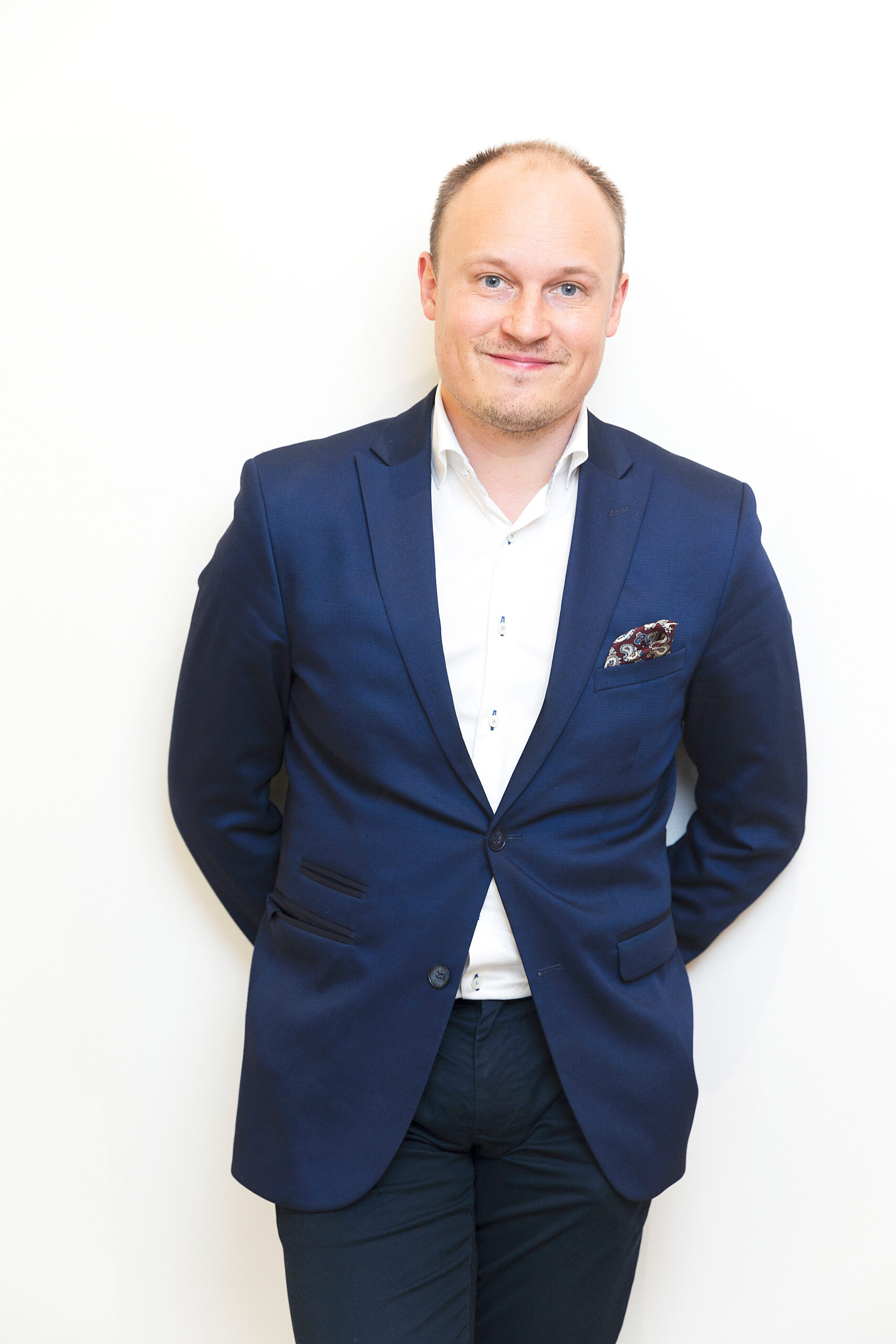
ANDY LUNDSTRÖM’S working arrangement is not unique in Finland. According to an international study done by Grant Thornton, Finland had already in 2011 the world’s most flexible working hours and working conditions. Finnish legislation gives employees the right to decideto a large extent when they begin and end their workdays, and the legislation also makes remote work possible.
But if employees are not physically in the office, how can their bosses know that they are truly working and not just idling about? For these arrangements to work out, employers and employees must naturally trust each other. The fact that Finland has the world’s most flexible working arrangements is therefore not that strange, given that the country is in the global lead when it comes to trusting other people.
“It’s true that Finns generally trust each other. The trust, both socially between people and the general trust in society, is world-leading”, researcher Maria Bäck, PhD, at Helsinki University confirms.
ACCORDING TO classical economics, trust in something has clear positive benefits. Trust serves as a lubricant in the economy and facilitates all economic activities. When individuals and companies trust each other, the market runs more efficiently – there is less need for surveillance mechanisms and reporting, which easily result in bureaucracy and inefficiency. There is also no need to hire an army of lawyers to reach a deal. High trust simply reduces so-called transaction costs.
“It’s a fact that trust and a working economy correlate when you compare different countries. The Nordic countries are in the top both when it comes to trust and when it comes to economic performance”, says Maria Bäck. When trust is high bosses generally trust that their employees work when they have a remote day at home. In high-trust cultures employees become autonomous, which naturally also is very efficient, as bosses can dedicate their time to other things than supervising their subordinates.
WHY IS IT THEN, that Finnish society has the highest level of trust in the world? Maria Bäck points to a string of circumstances that are typical for all the Nordic countries.
“Trust is based on having a relatively homogenous society with relatively high equality and welfare. A sense of ‘us and them’ doesn’t emerge as easily, which can be detrimental for trust. Another explanation is low corruption. It makes a society feel reliable – when I know I don’t have to cheat to gain benefits, I also trust that my fellow citizens probably don’t cheat either.”
Trust is a big subject with both economic, psychological and societal dimensions. Moreover, high trust has plenty of positive effects. Not only is high trust good for the economy, it is also good for the individual. People who easily trust are more content than people who do not, and they are even in better health. “It is important to point out that trusting people does not imply ‘blind faith’, i.e. trusting all people under all circumstances. Rather, it implies a generally optimistic view that most people can be trusted most of the time”, Bäck points out.
TRUST HAS BEEN relatively stable in Finland for as long as these types of measurements have been made, i.e. for the past thirty years. Economic recessions tend to slightly lower trust, but it bounces back when times get better.As trust is a complex concept, that is connected to many aspects in society, it is generally no easy task to raise the level of trust in a country. But increasing trust in an individual company should, however, be easier. So, how do you do it?
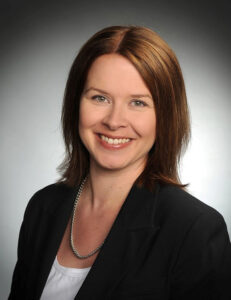
“First of all, it’s of course good to hire people who easily trust to begin with. And as we know that openness enhances trust, all measures that increase transparency and predictability are good for raising trust in a company. Lastly, flat and un- hierarchical organisations are also good for trust”, says Maria Bäck.
MANY OF THESE aspects are applicable to The Siqnificant Company, which is characterised by a corporate culture of high trust. Andy Lundström is not the only one in the company who works remotely, rather its employees have great freedom – naturally combined with great responsibilities.
Lundström has given much thought to what builds trust, as he works with helping other companies build strong corporate cultures.
“Building trust starts from your outlook on people. The management must trust their employees for the employees to trust their management. Of course, there must be rules, but at the same time, you have to explain why the rules are there. If people find that the rules are there for a reason, they will follow them. A strong corporate culture correlates with a strong financial result, which makes this an area all companies should carefully reflect upon.”

